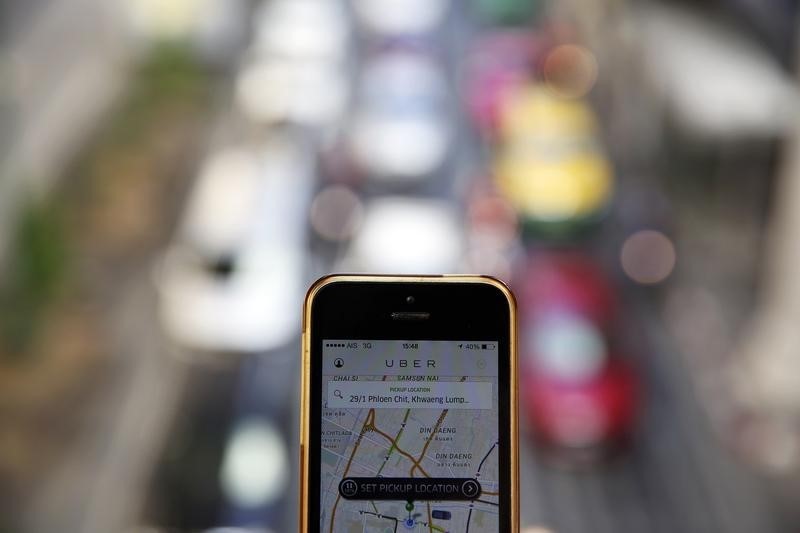Uber (NYSE:UBER) has been ordered by Judge Dudok van Heel to pay a €584,000 (EUR1 = USD1.0499) fine for violating an order that demanded transparency in its automated decision-making process. The ruling was made on Friday in an Amsterdam court, marking a significant development in a pivotal robo-firing case.
The case was initiated by the App Drivers & Couriers Union (ADCU) and Worker Info Exchange (WIE), who demanded insight into Uber's automated dismissal process. This includes worker profiling, reasons for dismissal, the logic involved at an aggregate level, and the significance of such automated decision-making. The lack of this information from Uber obstructed drivers' ability to challenge the robo-firing decisions.
The Amsterdam Court of Appeal criticized Uber's human review of these dismissals as a mere symbolic act, underlining the potential consequences of such automated dismissals. The court's decision highlights the ongoing debate around algorithmic exploitation and the rights of workers in the gig economy.
James Farrar of Worker Info Exchange (WIE) and Anton Ekker of Ekker Law played key roles in this case, supported by ADCU. The implications of various regulations and directives, including the Data Protection and Digital Information Bill, EU Platform Work Directive, and Spain's gig economy law on automated deactivations were discussed during the proceedings.
This case also brings to mind the landmark Supreme Court case against Uber regarding workers' rights. As companies continue to integrate automation into their operations, this ruling serves as a reminder of the importance of transparency and accountability in automated decision-making processes.
This article was generated with the support of AI and reviewed by an editor. For more information see our T&C.
